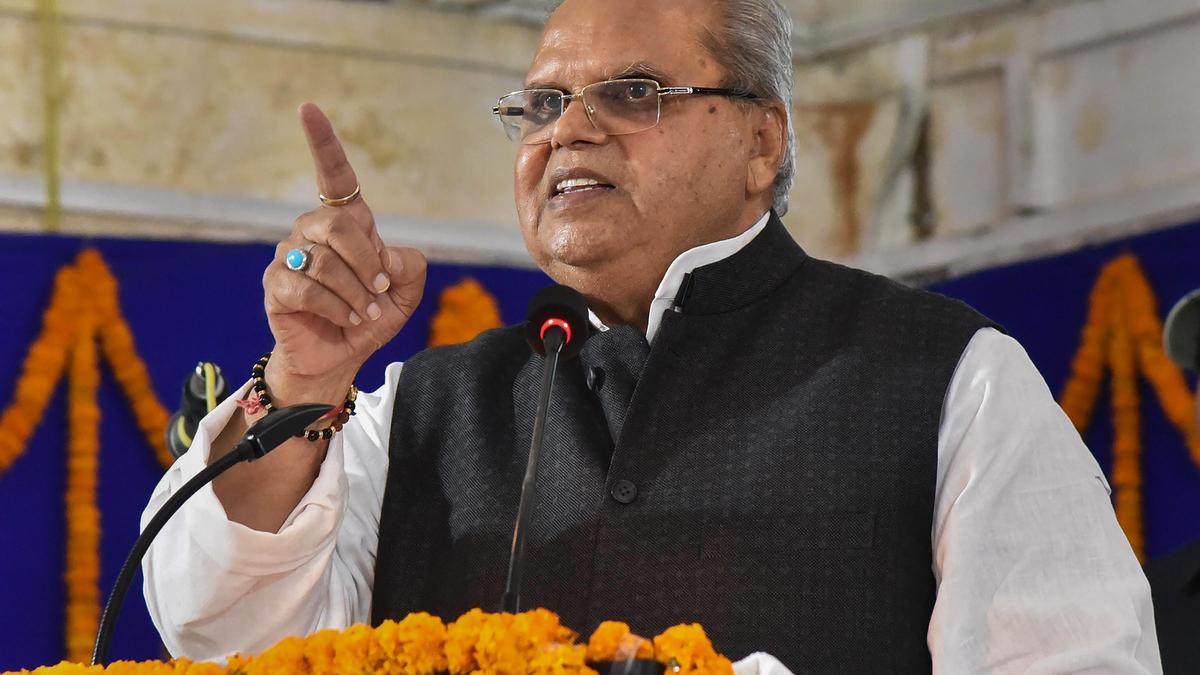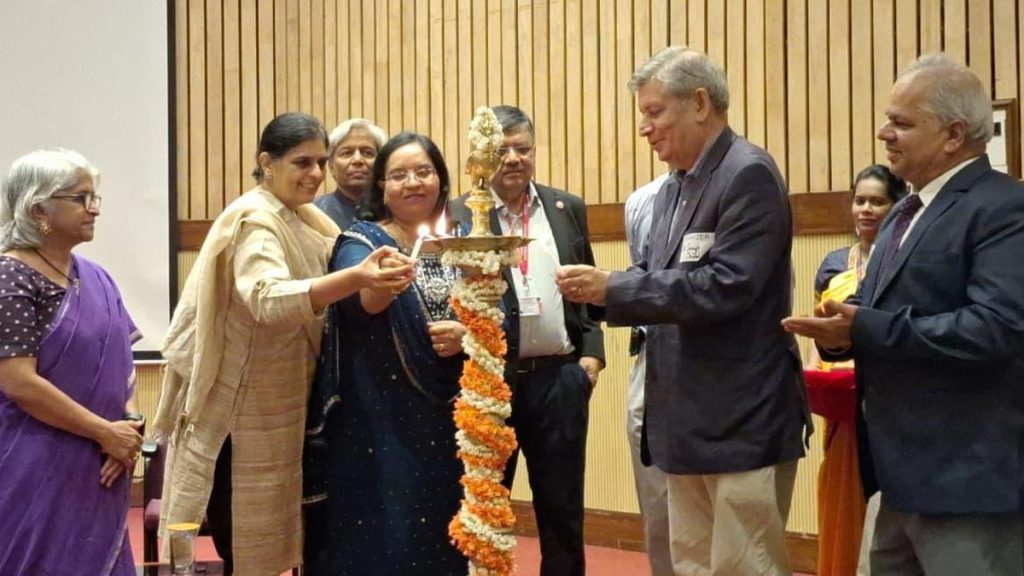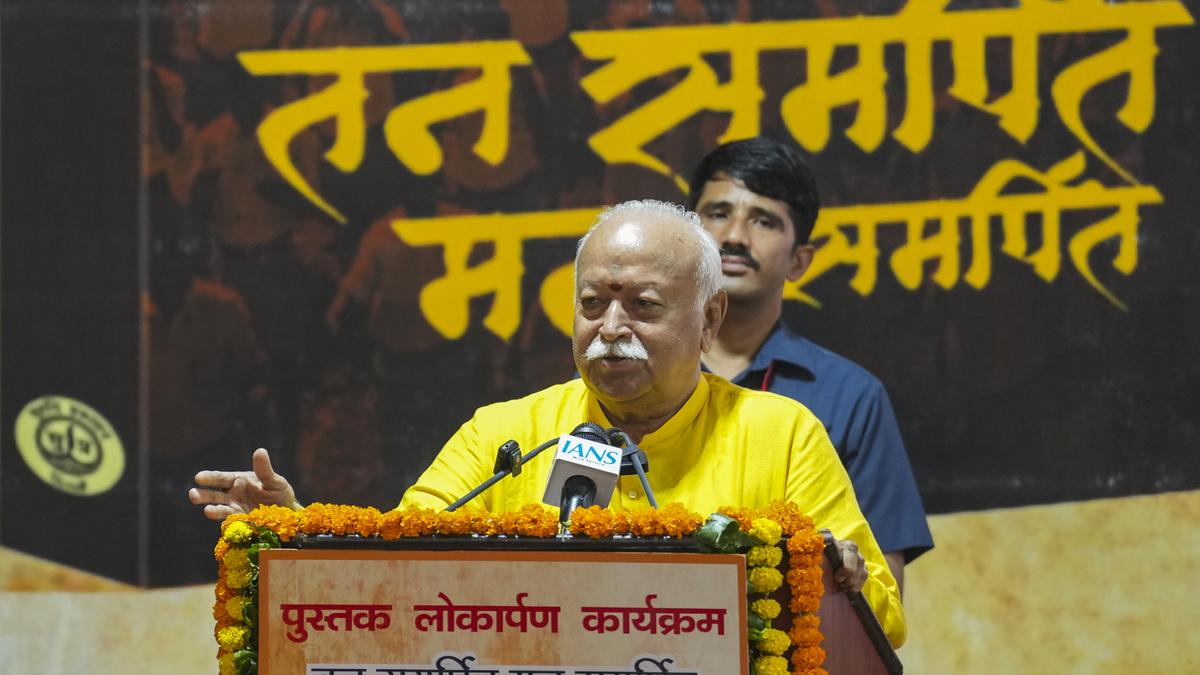Now Reading: Satya Pal Malik, Pakistani Media Personality Named in FIR Against The Wire Journalists in Assam
-
01
Satya Pal Malik, Pakistani Media Personality Named in FIR Against The Wire Journalists in Assam
Satya Pal Malik, Pakistani Media Personality Named in FIR Against The Wire Journalists in Assam

Speedy Summary
- The Guwahati Police has filed an FIR against journalists Siddharth Varadarajan and Karan Thapar, along with others including Pakistani media personality Najam Sethi, Indian journalist Ashutosh Bharadwaj, and former J&K Governor Satya Pal Malik (deceased).
- The FIR alleges that articles and interviews published by The Wire between April-May 2025 after the Pahalgam terror attack undermined India’s sovereignty, promoted enmity, spread misinformation, and risked public disorder.
- Summons were issued for Varadarajan and Thapar to appear on August 22 before the police; though, the Supreme Court granted protection against coercive action for this case as well as another one involving Morigaon Police.
- Articles criticized include titles like ‘To War or Not to War’ and ‘IAF Rafale Downed by Pakistan,’ which allegedly belittled India’s armed forces and government while amplifying unverified unfriendly narratives.
- The complainant claims content in these publications glorified Pakistani terrorists,weakened public trust in national security institutions during a crisis,sowing distrust among citizens.
- Freedom of expression was argued not to extend to actions that erode institutional confidence or undermine national unity.
Images:
- Image of the Supreme Court associated with legal protections granted:
Indian Opinion Analysis
The recent filing of an FIR against prominent journalists under sedition laws raises critical questions about press freedom vis-à-vis national security in India.On one hand, journalism plays an essential role in holding governments accountable during crises like terrorism incidents; on the other hand, allegations such as those raised by the complainant underscore concerns over intentional messaging that may destabilize public trust or align with enemy propaganda.
Legally speaking,invoking sedition-a contested provision-against journalistic works requires careful constitutional scrutiny. As debates around whether certain publications cross boundaries from dissent into misinformation persist globally-this case highlights intricacies involved when freedom of speech intersects with sovereign concerns amid significant geopolitical events.
From a governance perspective: transparency is paramount amid growing risks attached geopolitical domino ripples caused inaccuracies spreading unchecked narratives at wrong timing framework fabric blurring scrutiny layers























